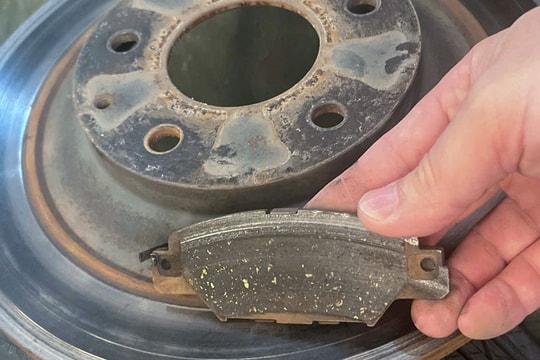Mistakes that destroy car braking systems
Brakes are the part that helps the driver control the speed of the car. However, some drivers often have bad driving habits that quickly reduce the life of this part, increasing the risk of accidents.
Frequent sudden braking
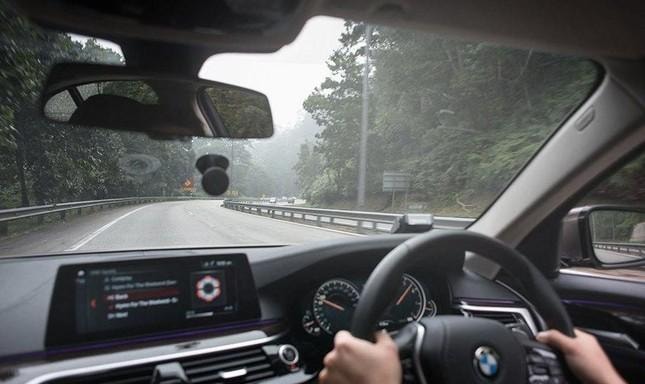 |
Constantly braking hard will put more stress on the braking system, causing faster wear on the car's brake discs and calipers. In addition, the heat generated during this process will significantly reduce the life of the brakes.
Therefore, drivers should be cautious when driving at excessive speeds because this increases the braking resistance when stopping the vehicle urgently. To reduce the negative effects, we need to observe, predict traffic situations and brake from a distance.
Continuous acceleration when traffic jam
 |
In heavy traffic situations, drivers should only accelerate slightly to catch up with the vehicle in front instead of stepping on the gas and then suddenly braking. If this is done too often, the brakes can burn out and no longer work effectively when really needed.
Put your left foot on the brake pedal
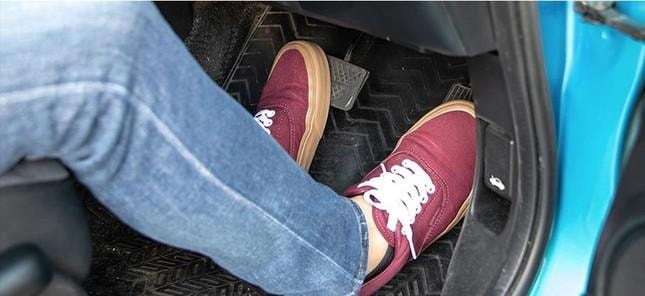 |
When driving, some drivers often have the habit of placing their left foot on the brake pedal. This can lead to accidentally braking while driving normally, resulting in unnecessary brake use.
Along with that, this habit can make us mistakenly step on the brake and accelerator in some cases of losing concentration. Therefore, the driver does not need to use the left foot when driving an automatic car. In the case of driving a manual car, the driver should put the left foot on the clutch.
Check brakes when going downhill
 |
When driving downhill, if the driver continuously applies the brakes, it will generate a lot of heat, and can even cause the brake pads to burn or warp. This can lead to a brake failure, endangering the lives of the driver and passengers.
Therefore, the driver should switch to semi-automatic mode for cars using automatic transmission, for manual transmission cars should shift to low gear. The driver should follow the principle of which gear goes uphill, which gear goes downhill. When following this principle, the car's transmission system will slow down the car, helping the brake system reduce pressure.
Leaving too many items in the car
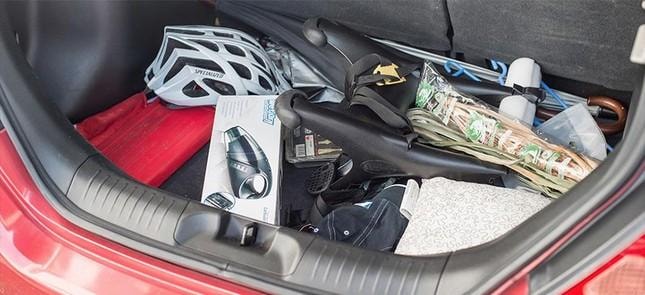 |
Our cars are not mobile warehouses but some people still have the habit of carrying unnecessary items in their cars. Remember, the extra weight of the car only requires more pressure on the brakes to bring the car to a stop.
Not changing brake fluid regularly
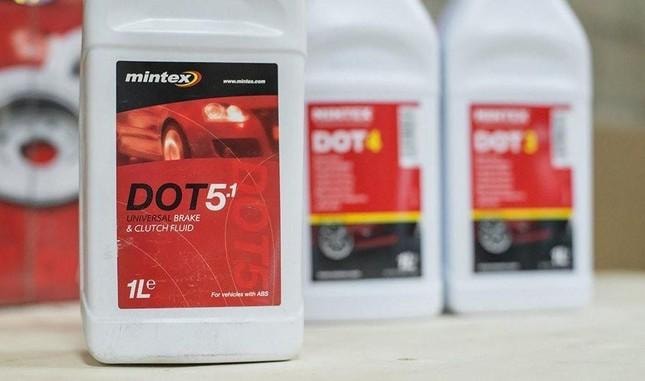 |
Failure to change brake fluid regularly can cause damage to the brake lines. Old brake fluid absorbs moisture, which can cause corrosion of the master cylinder, brake lines, and pistons. This can lead to reduced braking performance or even total brake failure. To protect these components, owners should change their brake fluid once a year.
Pull the handbrake when the car has not stopped completely
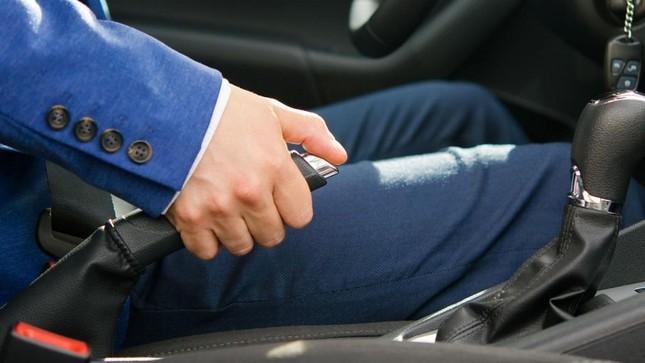 |
The handbrake is not designed to stop the car when it is moving, but is only designed to keep the car stationary when it has stopped. Therefore, if the car is moving, the driver accidentally pulls the handbrake, the braking force will be applied to the 2 rear wheels, causing the wheels to skid and lose control.
Do not release the handbrake while the vehicle is moving.
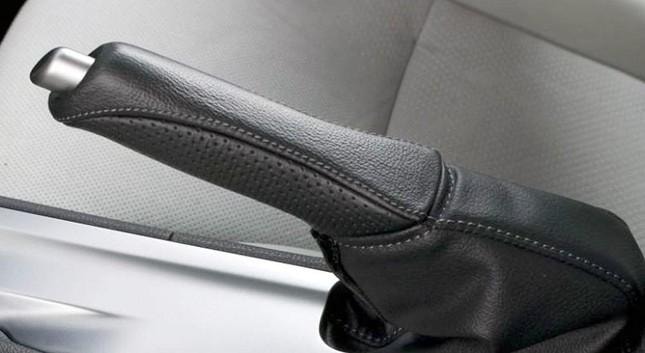 |
Some drivers often forget to release the handbrake but still operate the vehicle, this causes the brake shoes and brake pads to still press against the brake disc, creating a lot of friction, which can cause the brake pads to burn.
When this happens, some car models will signal with a warning light on the central clock to remind the driver. Along with that, the car's unusual delay and a burning smell from the brake system are also notable signs. In addition, not releasing the handbrake can also damage the sensor systems mounted on this part, such as the ABS anti-lock braking system. The worst consequence in this case is that a high level of heat can arise, causing the brake fluid to boil, leading to complete brake failure./.

